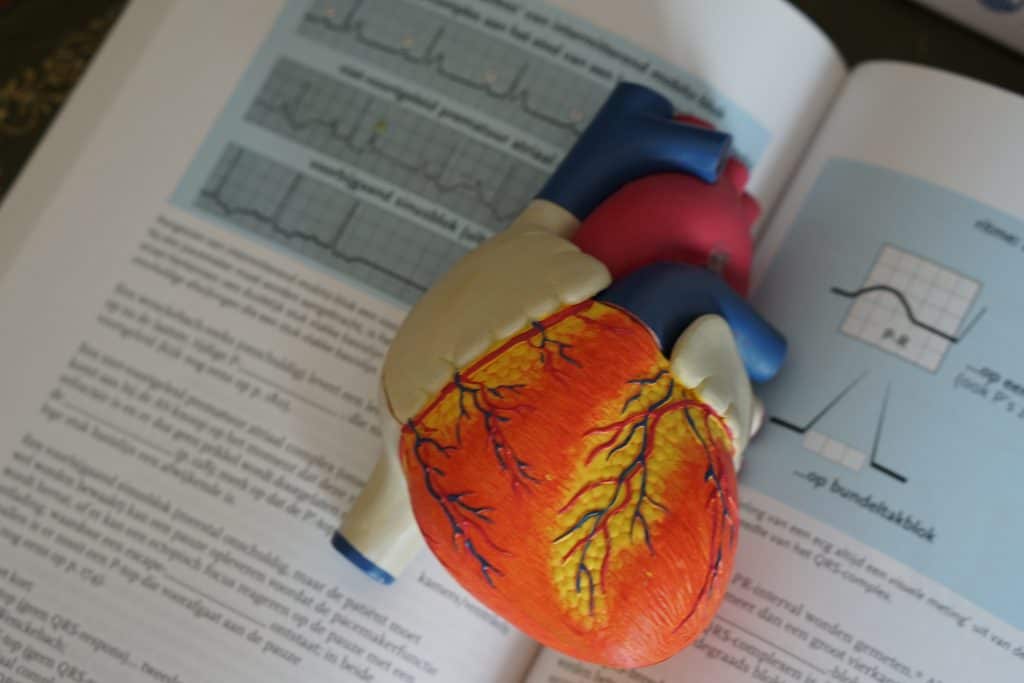
Anumana and Pfizer team up on AI-enabled ECG algorithm for detection of cardiovascular disease
pharmafile | December 16, 2022 | News story | Medical Communications |
Anumana, an AI-driven health technology firm, has signed a multi-year deal with Pfizer in order to develop an AI electrocardiogram (AI-ECG) for the early detection of cardiac amyloidosis.
Anumana will conduct a clinical validation trial in order to pursue De Novo classification for the algorithm as a Software-as-a-Medical-Device (SaMD), with the aim to gain regulatory approval in the US, Europe and Japan.
For patients with cardiac amyloidosis, their heart walls become stiff: the left ventricle finds it difficult to relax to take in blood, while at the same time struggles to pump out blood within the heart. It is a serious, progressive and underdiagnosed rare disease which leads to heart failure.
This research agreement will help Anumana with its AI-enabled early detection software which can reveal signals from ECGs that humans cannot interpret.
Anumana chief business officer David McMullin said: “The challenge in diagnosing cardiac amyloidosis can prevent patients from getting treatment while the disease continues to progress. We believe this collaboration will demonstrate the power of Anumana’s AI-ECG algorithms to help clinicians intervene earlier, giving them greater ability to improve patient outcomes and prolong lives.”
“AI-ECG solutions alert clinicians to humanly imperceptible patterns in ECG signals, providing an early warning for serious occult or impending disease. This stands to improve the lives of people with cardiac amyloidosis by improving the speed of triage and care of this group,” stated Paul Friedman, M.D., Chair of the Department of Cardiovascular Medicine at Mayo Clinic and Chair of Anumana’s Mayo Clinic Board of Advisors.
James Spargo








